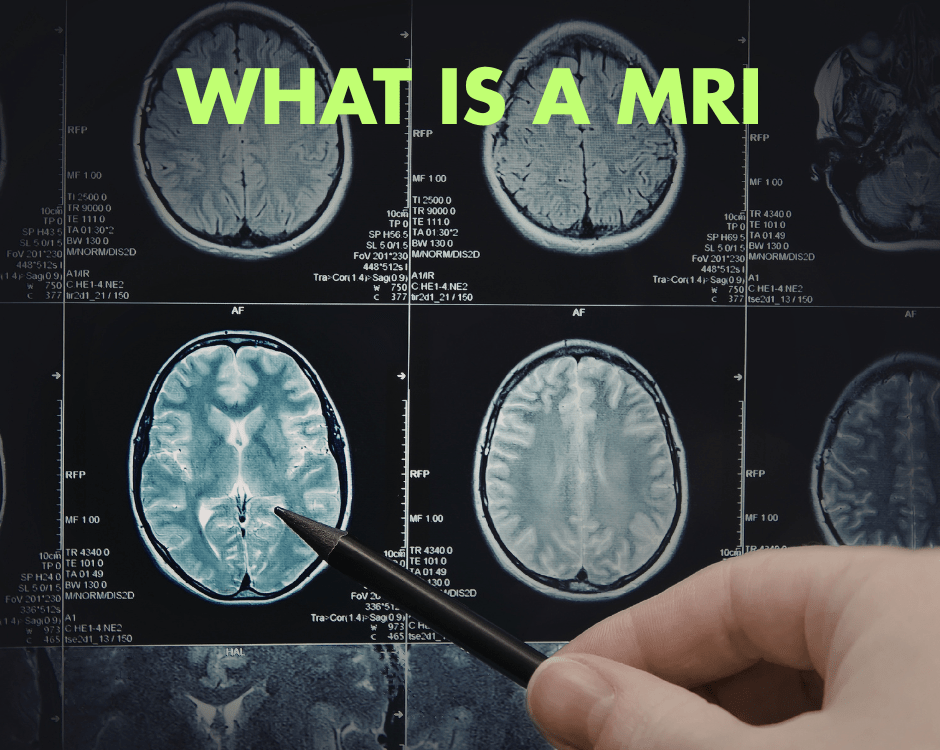Why Is Napping Good For You?
What Are Football Concussions- Can They Be Very Serious?
August 23, 2022
Why Does The Cervical Curve Matter?
August 23, 2022Derek Harding, DC
Adequate sleep is integral to our overall health and recovery. It allows the body to wake up feeling refreshed and ready for the day. Even our mental health can be affected by lack of sleep. Approximately half of all Americans report feeling sleepy during their typical week. Taking a nap as an adjunct to our normal nocturnal sleep patterns can act as an excellent energy and productivity boost. Depending on your typical wake and bedtime, 12PM to 4PM is an ideal timeframe for napping. Be aware that napping later in the day, closer to bedtime, can interfere with falling asleep at night.
Healthy adults who are lacking adequate sleep should try to nap. Dreaming during a nap is one sign that you may be sleep deprived. More than one third of American adults report taking a nap during their typical day. Having a vigorous work out or exercising in the previous 24 hours can make napping easier in 30% of people. Teens and individuals in their 20’s typically strive for longer naps while older adults are more satisfied with shorter naps. It’s important to note that napping is not recommended for some conditions such as sleep apnea or insomnia.
Napping Lengths:
10-20 Minutes- Experts say this power nap is ideal for an energy and alertness boost. Many people wake up feeling rejuvenated because this napping length limits the amount of time spent in non-rapid eye movement (NREM) sleep stages.
30 Minutes- Napping or sleeping at least 30 minutes has been associated with sleep inertia (the transitional state between sleep and wakefulness marked by feelings of grogginess, hangover-like, disorientation, and cognitive impairment that can last minutes to hours). Sometimes the naps restorative benefits can become hampered due to this.
60 Minutes- Improved memory recall of facts, faces, and names can be one benefit seen with sleeping at least one hour. Napping this long allows for slow-wave sleep which is the deepest stage but can come at the cost of grogginess upon waking.
90 Minutes- This is the average timeframe required for one full sleep cycle, allowing your body to cycle from lighter to deepest stages including REM (rapid eye movement) sleep. Naps lasting this long usually avoids sleep inertia and is linked to improved creativity and emotional/procedural memory (like playing the drums).
Whether it’s under a desk, on a couch, in your parked car, or maybe in your desk chair, experts say whatever works. But to avoid sleeping too deeply and the risk of brain fog, sleeping while seated slightly upright is best. If you do nap on a couch or bed, aim to sleep supine or on your side. These positions are most spine friendly allowing for a neutral spinal position to be maintained. Avoid sleeping in the fetal position or face-down because these positions place excessive pressure on joints and muscles and can restrict diaphragmatic breathing.
If you or somebody you know has been in a car accident, be sure that you seek medical attention from a car accident doctor or car accident chiropractor to treat your injuries. Visit Chambers Medical Group to receive world-class medical treatment for your injuries.
Chambers Medical Group has car accident medical clinics in the following locations:
- Car Accident Medical Clinic in Tampa
- Car Accident Medical Clinic in Plant City
- Car Accident Medical Clinic in Brandon
- Car Accident Medical Clinic in Lakeland
- Car Accident Medical Clinic in Sarasota
- Car Accident Medical Clinic in Louisville
- Car Accident Medical Clinic in Lexington
- Car Accident Medical Clinic in Florence




